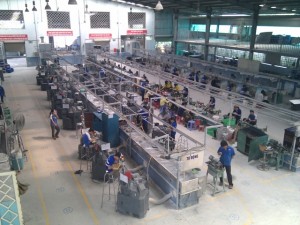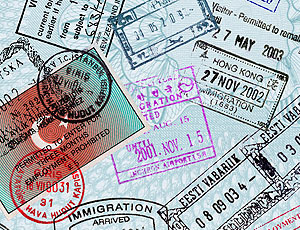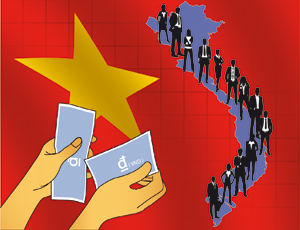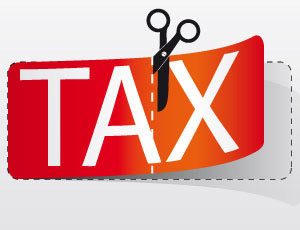Terminating an Employee in Vietnam
Vietnam’s employee-friendly business environment is reflected in the degree of protection employees have from termination. In this article, we will explain when an employee may be terminated, which procedures need to be followed, and discuss severance payment.
Vietnam’s Minimum Wages to Increase in 2016
Vietnam’s National Wage Council has voted for a 12.4% minimum wage increase in 2016. According to the Ministry of Labour, Invalids and Social Affairs (MOLISA)’s Vice Minister, increases will also take place in 2017.
Vietnam Human Resources to Improve With Increasing Education Investment
The Ministry of Planning and Investment’s Foreign Investment Agency (FIA), has revealed that 213 education projects have received foreign direct investment, reaching a total of US$822 million registered capital up to May 20, 2015.
Overtime Restrictions for Vietnamese Workers
In recent years, foreign enterprises has proposed to extend the maximum overtime working hours for Vietnamese workers, but such proposals have been repeatedly declined by the Ministry of Labor, Invalids and Social Affairs, citing health of local workers.
Samsung Takes Advantage of Vietnam’s Developing Workforce – Expands Number of Local Employees
Samsung Electronics will soon employ more local employees than any other foreign company in Vietnam. By July, the South Korean firm will have expanded their current local workforce from 40,000 to 100,000. Currently, less than half of the workers on its payroll are Vietnamese.
Vietnam Updates Visa Categories, Expands Visa-Free Access
Vietnam’s Law on Entry, Exit, Transit, and Residence of Foreigners in Vietnam came into effect on January 1, 2015, doubling the number of visa categories to 20. Of particular note, foreigners are no longer permitted to change their visa category once inside Vietnam. Therefore, the option of arriving on a tourist visa, applying for a work permit and changing visa categories is no longer available.
Vietnam’s Minimum Wage Increases
The Vietnamese government has issued a decree to increase the country’s minimum salary by between VND250,000-VND400,000 (US$12-$19) starting January 1, 2015. This will bring the wage floor to between VND2.15 million-VND3.1 million ($101.4-$146.2) depending on the region.
Navigating Personal Income Tax in Vietnam
Paying Personal Income Tax (PIT) is one of the key financial obligations that employers and employees have in Vietnam. In this article, we attempt to clarify some of the key regulations and tax rates involved with the payment of PIT.
PIT Update: Vietnam Implements 50 Percent Reduction in Personal Income Tax for Individuals Working in Economic Zones
On October 20, 2014, Vietnam implemented a 50 percent reduction in personal income tax (PIT) for individuals who are working in the country’s economic zones. The recent tax change was outlined in the Ministry of Finance’s Circular 128/2014/TT-BTC, replacing Circular 176/2009/TT-BTC.
Understanding How to Hire and Pay Staff in Vietnam
Having a clear understanding of how to hire and pay your employees in Vietnam is crucial to ensuring your company’s success. In this article we take you through the regulations surrounding the hiring of employees and provide a discussion on wages.







































